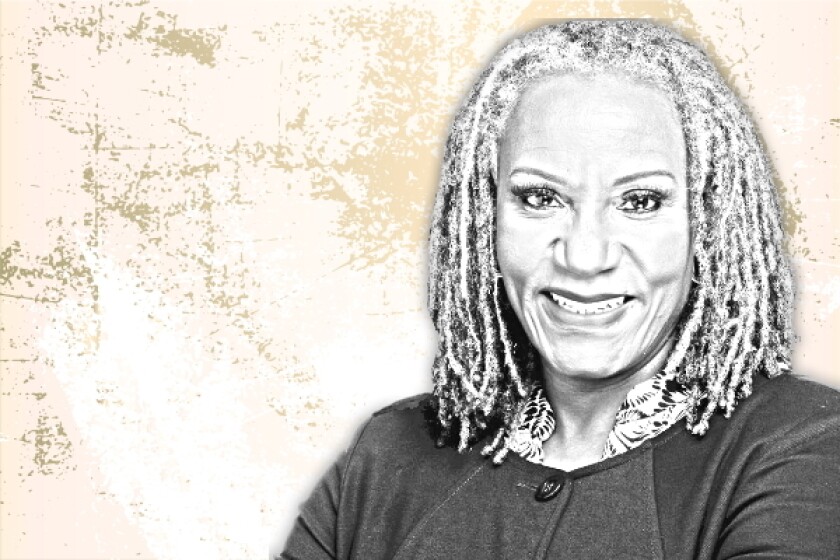Phyllis Turner-Brim has had a varied career, having worked as an intellectual property lawyer for a lot of different companies over the past 30 years, including BP, Walmart, Intellectual Ventures, Starbucks, and now HP.
In Managing IP’s newest Corner office podcast, the Texas-based deputy general counsel and chief IP counsel at the US computer and printer maker says one of the main things she has learned from her different experiences is it’s important to maintain a balanced IP ecosystem.
“I’m a big fan of balance,” she says. “In my career, I’ve been on every side of the IP rubric, so to speak. I’ve been a licensor and a licensee, a buyer and a seller, an acquirer and a divestor, and an enforcer and enforced against.
“Any system that stacks the deck too much in any one favour is not good – we need balance across the board.
“Why? Because most companies, including HP, play across the entire ecosystem. For me to say we should 100% do away with non-practising entities – and I was at Intellectual Ventures for a long time – is not a valid business model,” she adds.
Turning to the topic of diversity and inclusion, Turner-Brim says that if she had to grade the IP community, she’d give it a D minus.
“Of course, we’re doing a podcast and what the people listening to this may not be aware of is that I’m an African American woman,” she says. “That means I’m the rarest of birds in the aviary of IP.
“There are very few – if any – black women, other than myself, who are chief IP counsel at Fortune 50 or 100 companies, and very few at tech companies.
“African American attorneys make up about 1% of patent attorneys, which is far below the representation in the population and even among those with STEM backgrounds.”
She continues, however: “The community doesn’t get an F, because it’s made a lot of progress with women. I have more and more female colleagues and those who identify as women every day.”
Turner-Brim also spoke about her responsibilities at HP, her views on standard essential patents and what could be done to enable further progress on diversity and inclusion in the IP space.
Here’s the podcast:











